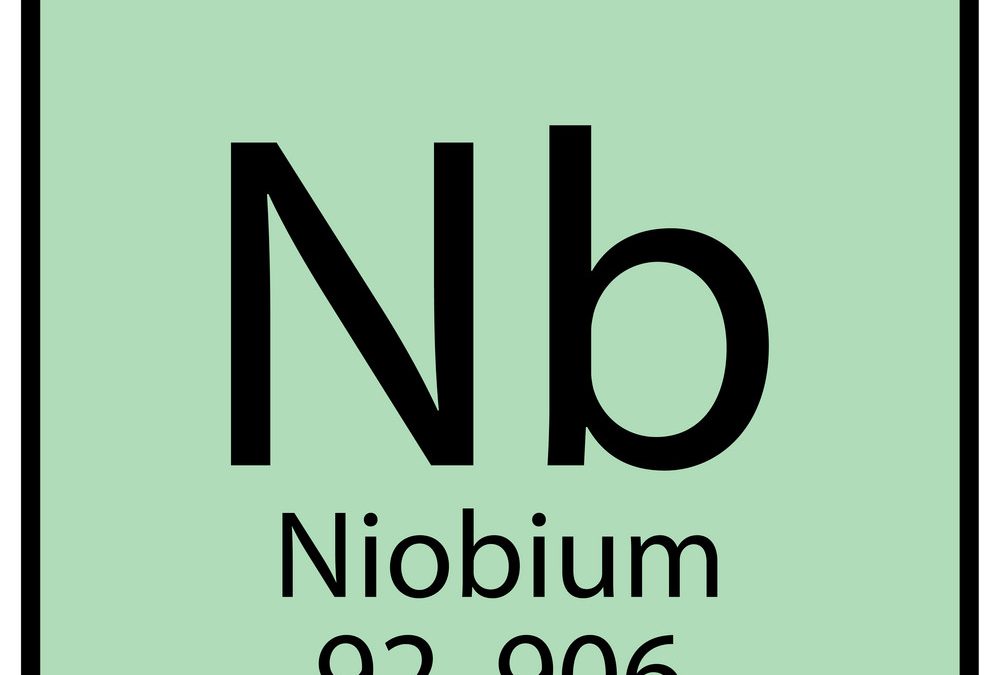Brazilian company focused on mining a metal used to strengthen alloys is betting that its mainstay product can also play a key role in improving electric vehicle batteries.
Cia. Brasileira de Metalurgia e Mineração is the world’s top producer of niobium, a critical mineral that’s only mined in Brazil and Canada. Niobium is mostly used to make alloys and stainless steels, and has a range of industrial applications including use in jet engines, skyscrapers and bridges.
CBMM already makes more niobium than the world consumes, which is forcing executives to get creative in finding new opportunities to market its main product while collaborating on projects with battery developer Toshiba Corp. and automaker Volkswagen.
“Our production capacity is currently surpassing the total demand for niobium,” CEO Ricardo Lima said last week in an interview on the sidelines of a Brazilian mining conference. “So our challenge is to develop more markets with new applications.”
The closely held firm is already building a plant to produce niobium oxide for uses including EV batteries. The facility, set to open this year, will have the capacity to produce 3,000 tons of the material. The CEO is already talking about an expansion — one that could cost more than one-billion reais and boost production more than sixfold to 20 000 tons. A final investment decision will be made by the end of next year, Lima said.
Such a move allows CBMM, which is controlled by Brazil’s billionaire Moreira Salles family, to diversify from its main production of niobium and alloy products. The company produces 150 000 tons of ferroniobium a year — an amount that exceeds global annual demand of 124,000 tons. Niobium for steelmaking represents the biggest share of the company’s sales, with 95% shipped abroad. The company sells the metal in 50 countries.
CBMM sold 600 tons of niobium oxide for batteries in scooters and other small vehicles last year as part of a test project. Lima said expects to double that amount this year.
CBMM’s battery push allows it to pursue opportunities to explore new EV battery technologies as the world moves away from fossil fuels amid a transition to cleaner energy sources. The firm, which is based in southeast Brazil and has offices in the US, China, Europe and Singapore, is also looking at technology that uses niobium to allow higher nickel content and lower cobalt in nickel-cobalt-manganese batteries.
CBMM plans next month to unveil what it claims will be the first electric bus using lithium batteries that mix niobium and titanium oxide technology. The test project is a partnership with Toshiba and Volkswagen. Lima said the battery enables fast charging — within 10 to 15 minutes compared to 8 hours for a conventional battery — and has lower risk of fire and explosions.
“Our bet is that this will be a successful technology for commercial vehicles,” he said. “The next step will be to apply it to mining trucks.”



